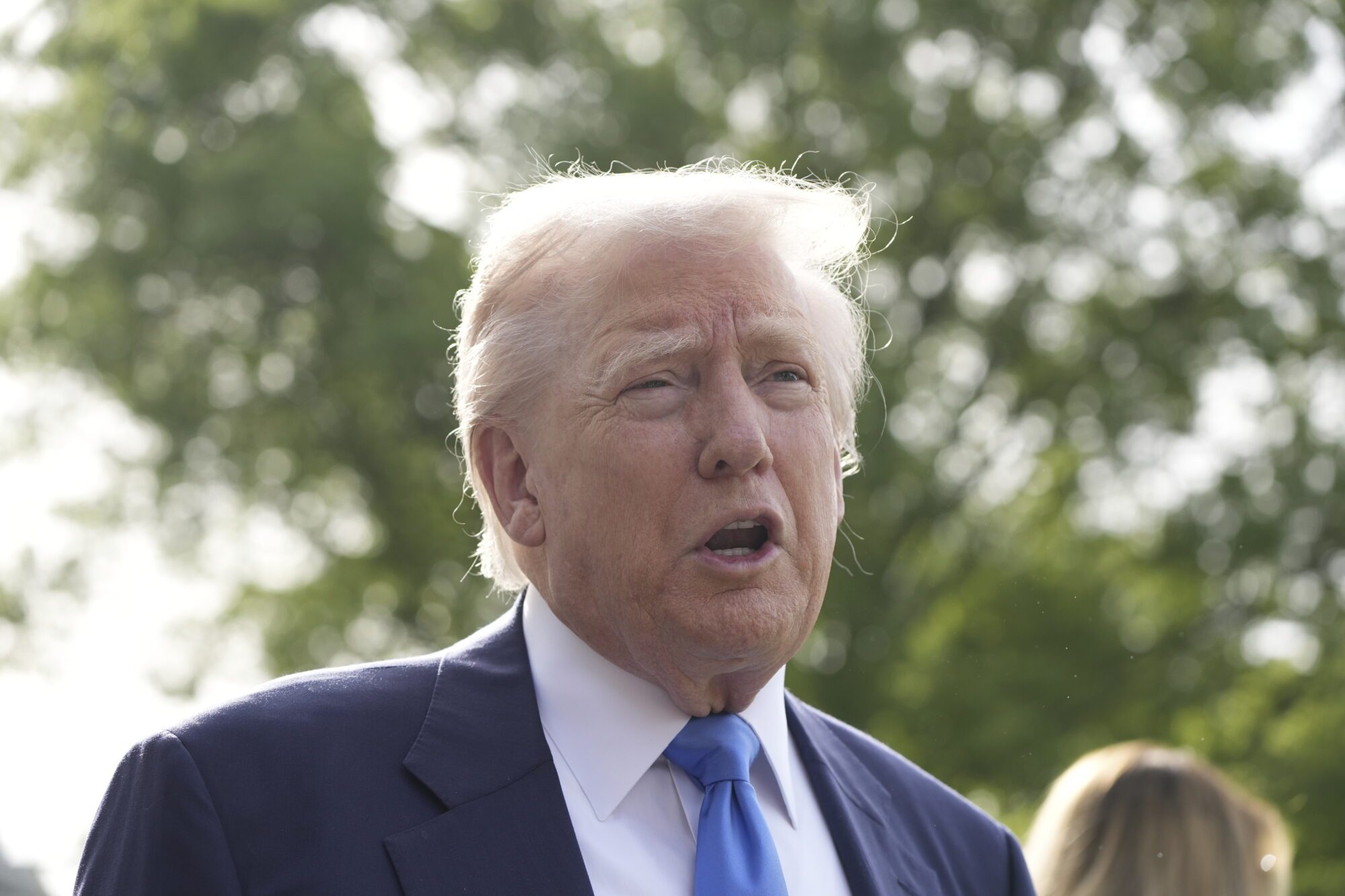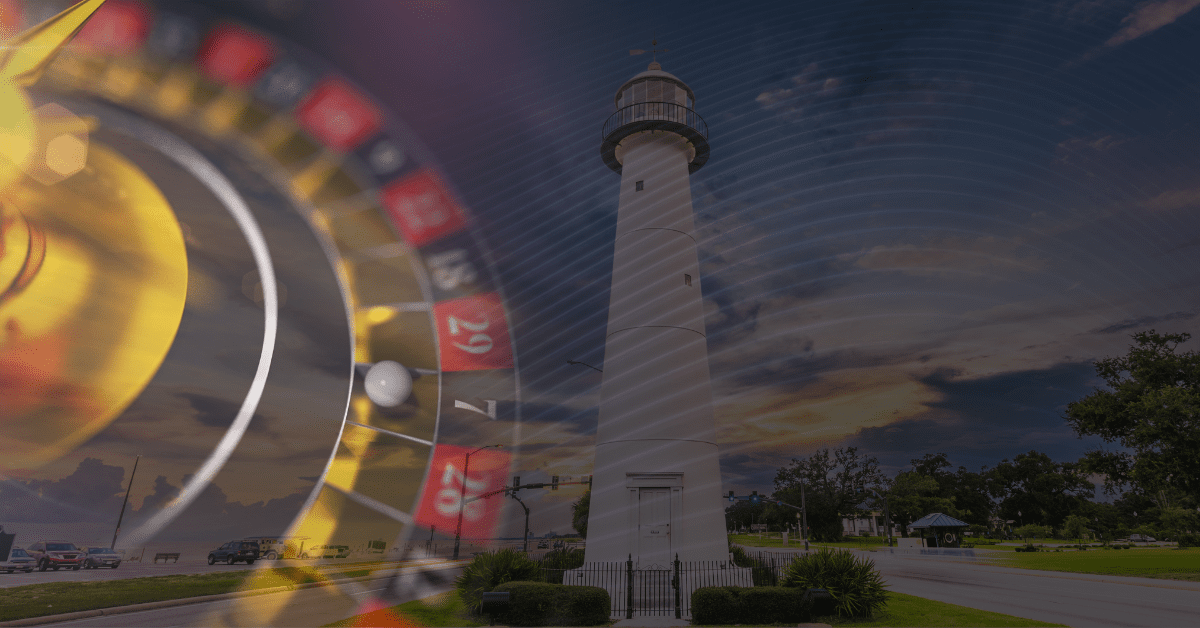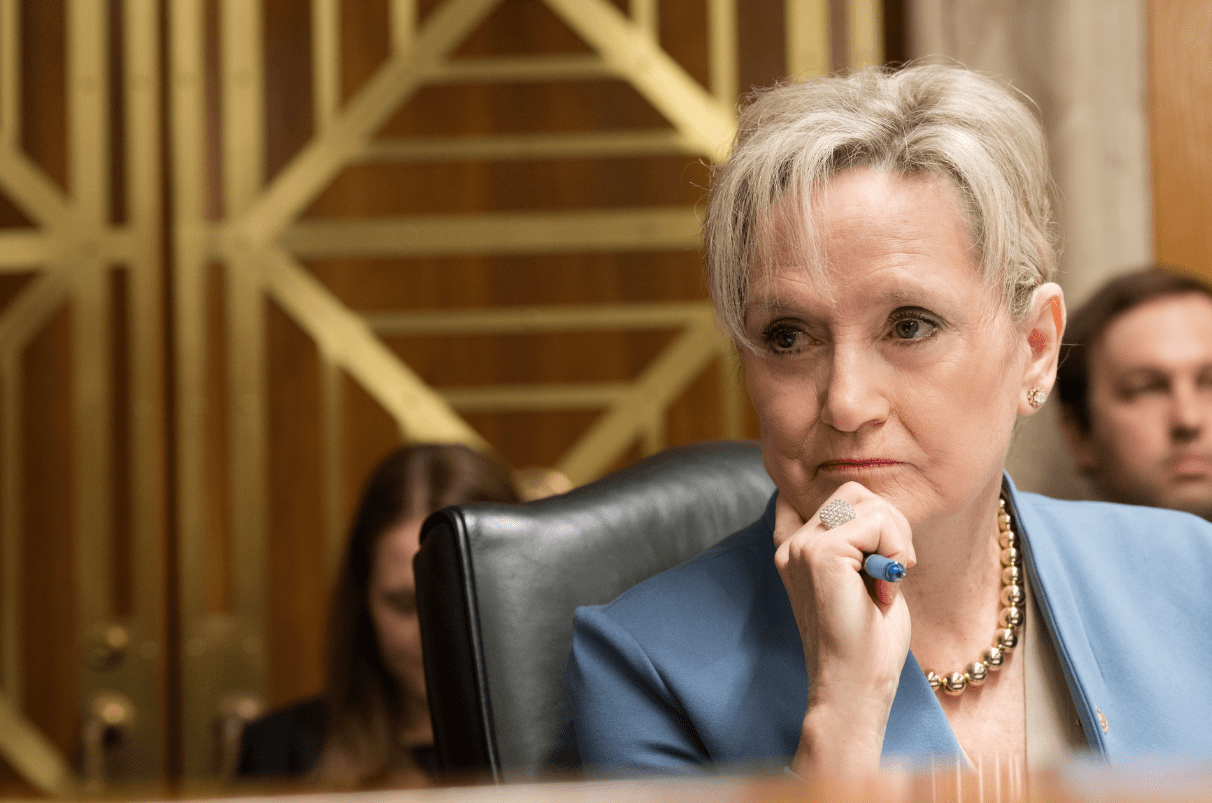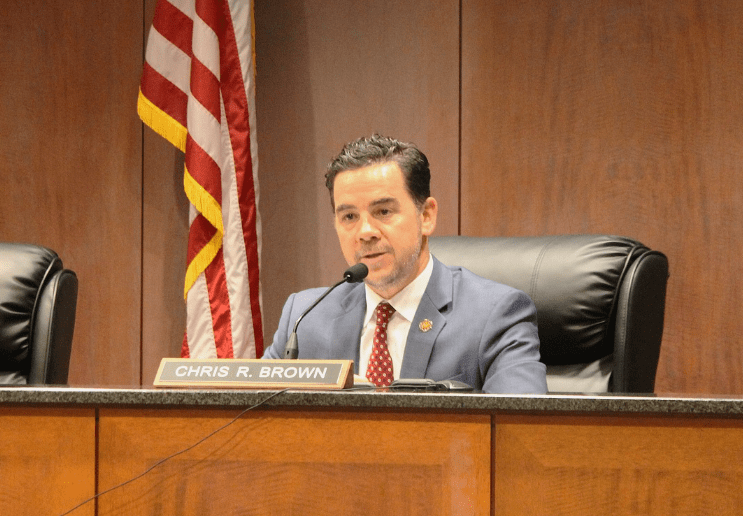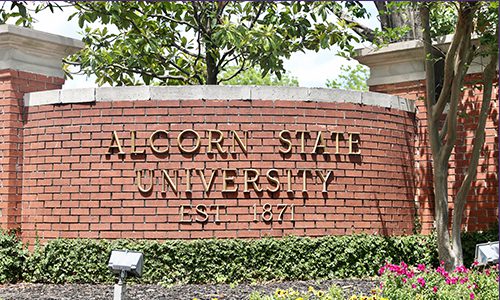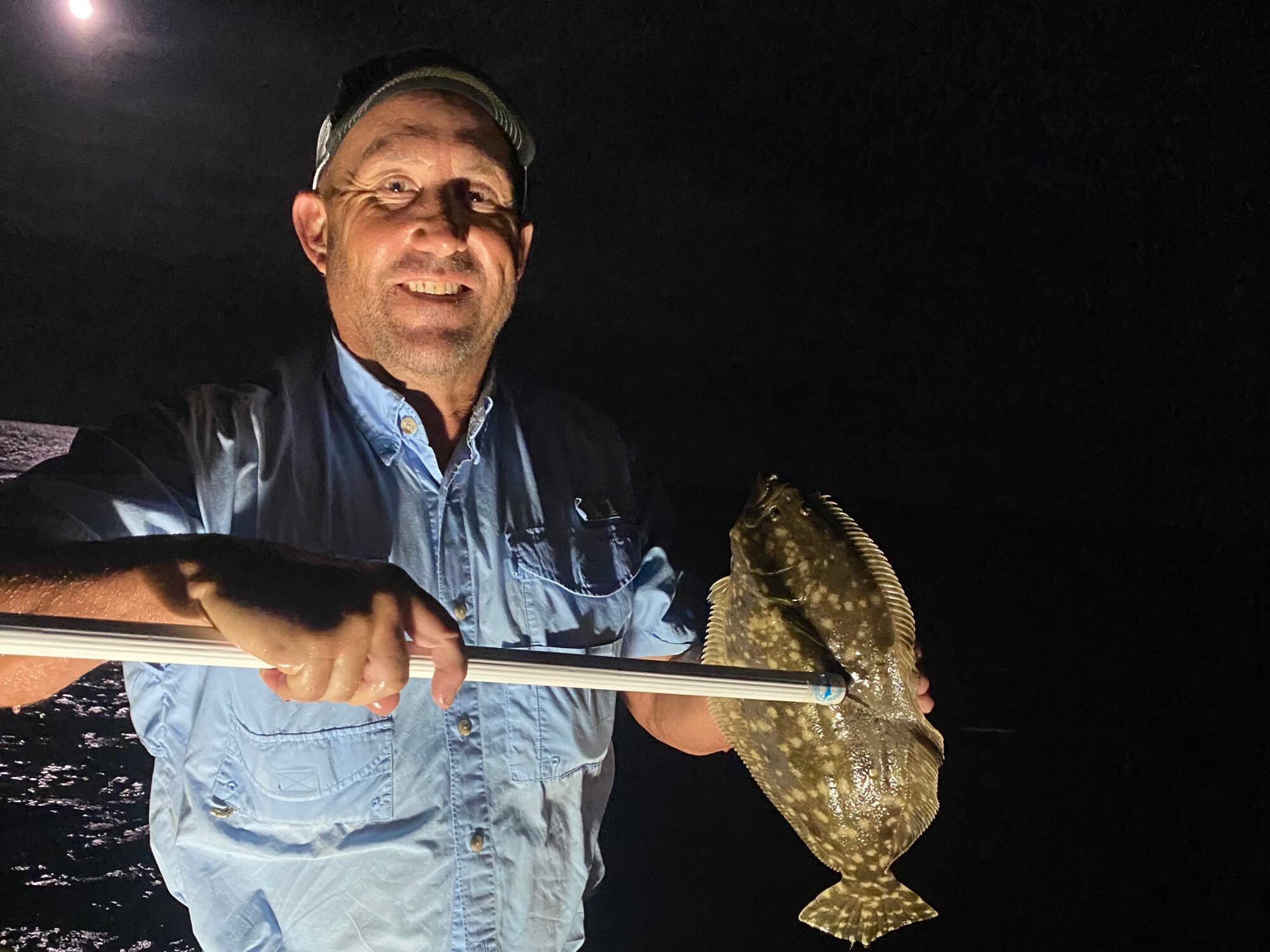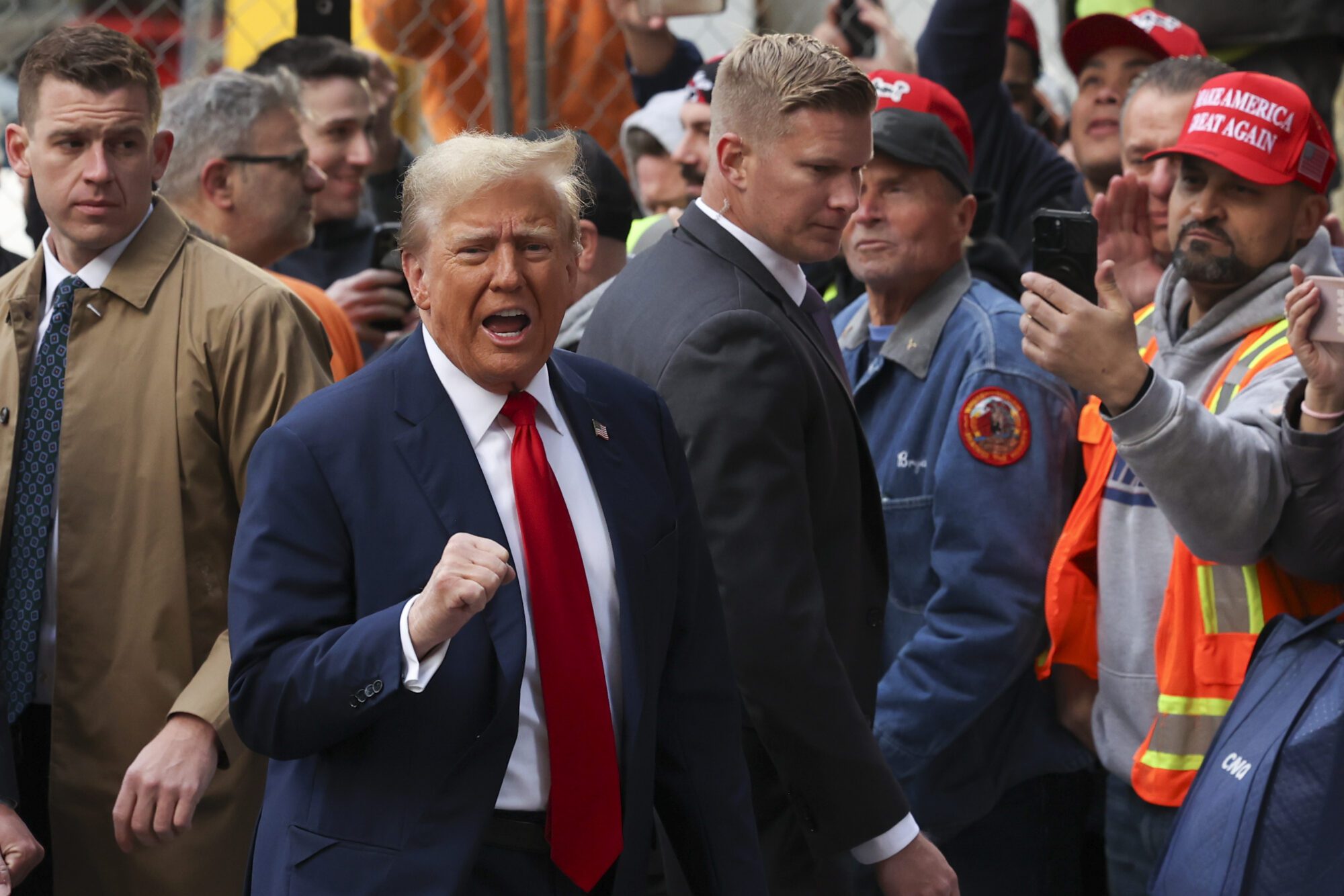
Former President Donald Trump reacts while meeting with construction workers at the construction site of the new JPMorgan Chase headquarters in midtown Manhattan, Thursday, April 25, 2024, in New York. Trump met with construction workers and union representatives hours before he's set to appear in court. (AP Photo/Yuki Iwamura)
- Justices feel the weight of what they are being asked to consider. “We’re writing a rule for the ages,” Justice Neil Gorsuch said.
Arguments in former President Donald Trump’s efforts to curb Special Counsel Jack Smith’s 2020 federal election subversion case against him were heard at the U.S. Supreme Court on Thursday. Trump’s counsel claims he has “absolute” immunity for his actions related to the office of the president.
Justice Clarence Thomas opened the questioning by asking Trump’s lawyer, John Sauer, the source for the presidential immunity he claims. Sauer said such immunity for official acts of the president is found in the executive vesting clause in the U.S. Constitution.
Sauer and the Justices spent a significant amount of time going back and forth over what constitutes an official act or official conduct of the president and what is considered a private act. Discussion was even had over certain aspects of the case Smith is pursuing against Trump, with Justices asking Sauer to clarify what he deems official versus private based on Smith’s allegations in the federal lawsuit.
Justice Neil Gorsuch, early in the questioning of Sauer, suggested sending the matter back to the lower courts to segregate official acts from private acts to determine whether immunity exists or not. Trump’s counsel said “the official stuff has to be expunged” from the indictment before the case moves forward.
Justice Sonia Sotomayer pushed back on that line of thinking.
“I don’t think the indictment is charging that the obstruction occurred solely because of conversations with the Justice Department,” Sotomayer said. “They’re saying you look at all of the private acts and you look in the context of some of the public acts, and you can infer the intent, the private intent, from them.”
Sauer has argued that impeachment of a president accompanied by a conviction handed down by the U.S. Senate and removal from office is what opens a president up to criminal prosecution. Justice Amy Coney Barrett explored that line of thought with Sauer.
“You’ve argued that the impeachment clause suggests or requires impeachment to be a gateway to criminal prosecution, right?” Justice Barrett asked Sauer, to which he responded, “Yes, I think that is the plain meaning of that second phrase in the clause.”
Justice Barrett said there are many other people who are subject to impeachment, including the nine Justices at the Supreme Court.
“I don’t think anyone has ever suggested that impeachment would have to be the gateway to criminal prosecution for any of the many other officers subject to impeachment,” Barrett said. “So, why is the president different when the impeachment clause doesn’t say so?”
Sauer pointed to former U.S. Solicitor General Robert Bork who in 1973 argued that “the sequence is mandatory only as to the president.”
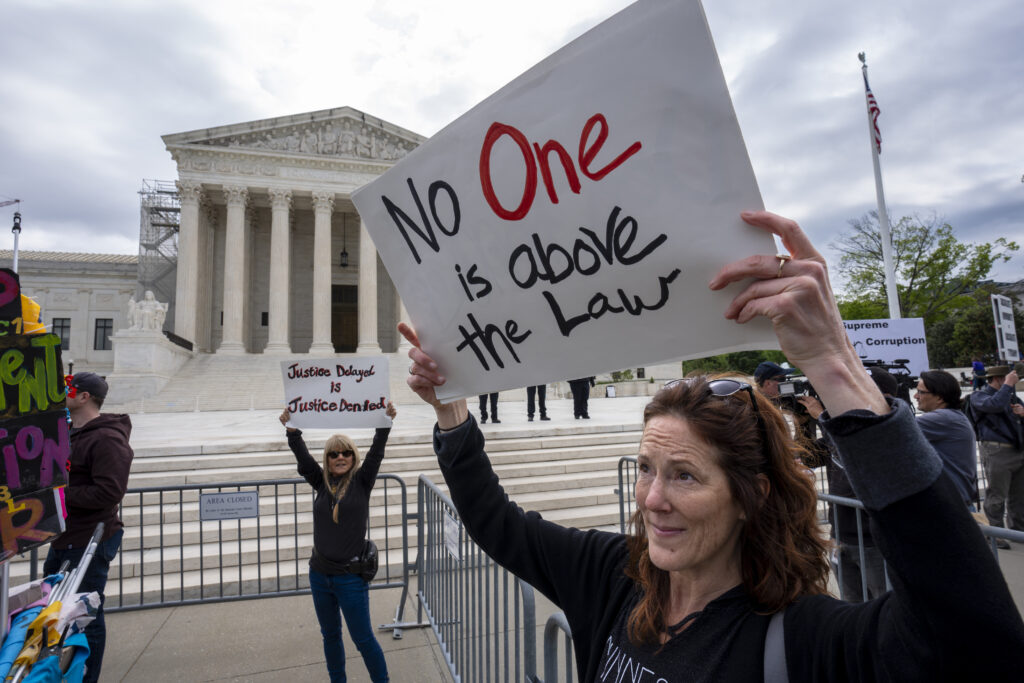
Attorney Michael Dreeben, arguing on behalf of Special Counsel Smith, told the court that there “is no immunity that is in the Constitution unless this court creates it today.”
“What is important is that no public official has ever had the kind of absolute criminal immunity that my friend speaks of,” Dreeben said in reference to a comment from Chief Justice John Roberts.
Justice Thomas asked Dreeben why other former presidents have not been prosecuted for questionable or controversial actions, mentioning Operation Mongoose in the 1960s that sought to remove Castro from power in Cuba.
“The reason why there have not been prior criminal prosecutions is that there were not crimes,” Dreeben responded, noting that there are “layers of safeguards that assure that former presidents do not have to lightly assume criminal liability for any of their official acts.”
Justice Samuel Alito pressed Dreeben, saying presidents have to make “a lot of tough decisions about enforcing the law and they have to make decisions about questions that are unsettled.” Alito asked if a “mistake” makes a president criminally liable.
“Making a mistake is not what lands you in a criminal prosecution,” said Dreeben in response.
Alito later asked Dreeben if an incumbent president loses a close election and is then subjected to a criminal prosecution by a bitter political opponent, “will that not lead us into a cycle that destabilizes the functioning of our country as a democracy?”
Dreeben said he thinks it is exactly the opposite, noting the lawful way to challenge the results of an election.
Justice Brett Kavanaugh expressed his concern over the impact of the court’s precedent-setting ruling. He said it’s “going to cycle back and be used against the current president or the next president and the next president after that.”
Kavanaugh wasn’t the only Justice who recognized the historic nature of what the court is being asked to decide. Justice Gorsuch said, “We’re writing a rule for the ages,” and Justice Alito astutely expressed, “Whatever we decide is going to apply to all future presidents.”
The case made its way to the Supreme Court after District Judge Tanya Chutkan rejected the Trump legal team’s motion to dismiss Smith’s case, saying at the time being president isn’t a “lifelong ‘get-out-of-jail-free’ pass.” On appeal, the three-judge U.S. Court of Appeals for the District Court of Columbia struck down the former President’s immunity claims. Trump then appealed to the U.S. Supreme Court.
The arguments before the Supreme Court lasted just under three hours, and Trump’s legal team declined to offer a rebuttal.
A decision is likely to come in June as is customary when the court releases its rulings prior to the end of the term. Among the options on the table are for the court to uphold the lower courts’ ruling and reject Trump’s immunity claims, side with the former President, or kick the matter back to the lower courts to better define the scope of the official versus private acts subject to immunity.
However the Justices rule, the Special Counsel’s federal case against Trump will most likely not be decided prior to the November General Election where Trump is once again vying for the White House as the Republican nominee against incumbent Democratic President Joe Biden.
Trump, currently in court in New York in a criminal case involving hush money payments to a porn actress, appeared outside of a construction site in Manhattan before heading back in for the trial Thursday morning. The judge in the New York trial did not allow Trump to miss the day’s proceedings to go to Washington D.C.
Trump talked with workers and briefly spoke to reporters early in the morning.
“We have a big case today at the Supreme Court on presidential immunity, a president has to have immunity,” Trump said, adding, “If you don’t have immunity, you’re not going to do anything. You’re going to become a ceremonial president. It’s just going to be doing nothing, you’re not going to take any of the risks, both good and bad.”
